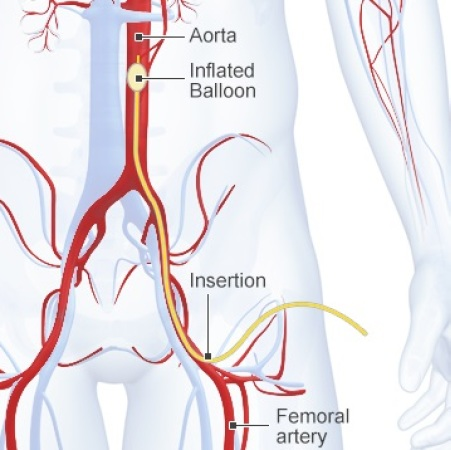
Next our very own @ABichmann will be talking about debriefing in resuscitation!
First we hear about how stress and anxiety manifest themselves and about how COVID has heightened many of these feelings! 

There are many different factors in stress and the impact that it may have. Some stresses are single events. Some may recur and if they recur enough then you may not have time to recover and these may turn into chronic stresses 

In an ideal world, we have some mild stresses which we are able to adapt to. This is how we develop new skills and we then have reasonable time to recover and consolidate these skills before facing new stresses. This is seen in the graph on the left! 

Now Anna is leading us through a case where someone arrested as they were being admitted for an elective surgery. On the ITU team there were concerns about how to rearrange the unit, who to send from the team and how to get to an unusual place for an arrest!
During a casual post-arrest conversation, a colleague revealed that they felt they were not functioning at their best as they were on their 5th consecutive long shift.
In another case, Anna asked one of her colleagues to check the patients pulse and received the response 'no'. Initially slightly taken aback, she later discovered that it was because the staff member was nervous and felt they would not be able to do it effectively.
How were there lessons learnt? Debriefing. It can be a hot or cold debrief, but it will provide information on the event and help to answer some of the questions that team members may have about their colleagues actions and decisions! 

• • •
Missing some Tweet in this thread? You can try to
force a refresh






